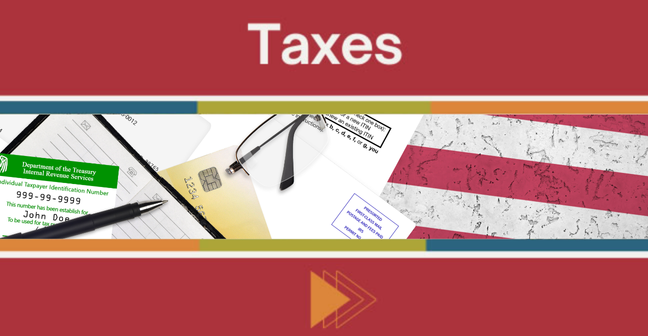According to IRS statistics, more than 50% of each tax year’s filed Schedule E forms show a loss when reporting rental income and expenses – but for many landlords, these losses are NOT tax deductible against other nonpassive income.
In this post, we’ll explain why.
We’ll also show you a relatively simple workaround that may allow you to deduct these losses now, instead of having to wait until you sell your rental property.
Understanding rental losses
A rental loss has occurred when the total of operating expenses exceeds income received in rent over the course of the year.
And because depreciation qualifies as an expense, many rentals that appear to cash flow positive on the surface will show an annual loss for tax purposes.
But the classification of rental income as “passive” disqualifies most landlords from deducting these losses from their ordinary income. In short, the IRS does not consider owning rentals to be a “business” unless certain criteria are met.
Note: IRS Schedule E adds together all rental income and expenses for any given filing, so those who own multiple rentals will determine a net income or loss for all properties combined each tax year.
Passive losses only offset passive income
The IRS defines rental income or losses as passive as the owner does not typically “materially participate” in the activity. This means any losses filed from owning rental properties can only be used to offset other passive income. If insufficient passive income exists, the losses become “suspended.”
There are, however, exceptions to passive loss (PAL) rules, which are detailed below.
Exceptions to PAL rules
There are two exceptions that allow rental property owners to deduct passive losses from other nonpassive income:
- Filers with a modified adjusted gross income (MAGI) of $100,000 or less can utilize the $25,000 rental loss allowance if they “actively participate” in the rental activity. Active participation requires a minimum of 10% ownership in the property and involvement in meaningful management decisions. A prorated allowance can be taken by taxpayers with a MAGI between $100,000 and $150,000.
- The property owner or their spouse qualify as a real estate professional. Landlords who meet this requirement are able to deduct all rental losses from other nonpassive income.
Qualifying as a real estate professional
Being a licensed realtor does not automatically qualify you or your spouse as a real estate professional for tax purposes.
To qualify for the PAL exemption, you or your spouse must:
- Spend >50% of all working hours during the tax year in real property businesses.
- Total hours working in real property businesses must exceed 750 hours for the year.
- Materially participate in the rental activity.
An individual is treated as materially participating in an activity if:
- They work at least 500 hours on the activity during the year.
- Their participation in the activity constitutes substantially all of the participation in the activity of all individuals, including those who do not own the property.
- Participation exceeds 100 hours and no other individual’s participation exceeds these hours, including those who do not own the property.
- Material participation requirements were met for the activity for any five tax years during the immediately preceding ten tax years.
Note: Additional material participation tests exist to show that participation is regular, continuous and substantial. Speak with a tax professional for clarification and to see if you qualify.
Owning more than one rental property
Landlords who own multiple properties are required to materially participate for each rental unless an election is filed with the IRS to treat all properties as a single activity. Filing this election is very important, as meeting the test for every individual property you own may not be possible.
Let’s talk about owning rentals and passive losses
If you are a real estate professional with rentals or a rental owner considering becoming a realtor to access tax accounting advantages, Accountability Services offers a specific advisory session to address this strategy.
We can help you understand what it would take to qualify for the passive loss rule exception and determine how this strategy might fit in with your financial goals.
To schedule a consultation, call 206.522.0110 or book online.





